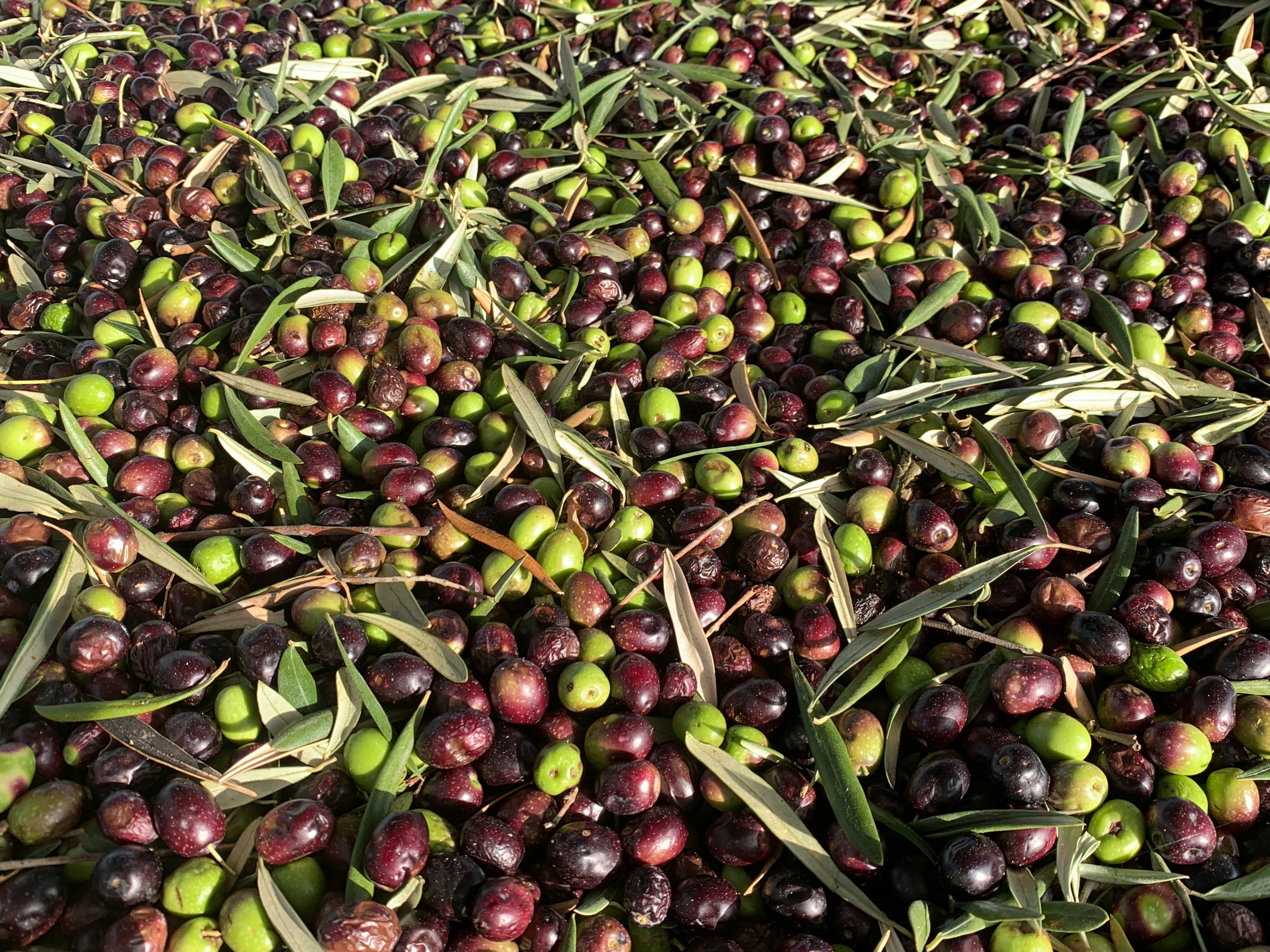Olive Oil At A Crossroads: Balancing Tradition And Industrial Efficiency

The olive oil industry, a cornerstone of Mediterranean culture and cuisine, finds itself at a critical juncture. Traditionally dominated by small-scale, family-owned farms, the market is now seeing the rapid encroachment of industrial mega farms. While the demand for olive oil grows worldwide, record prices and volatile supply chains are driving larger agricultural companies to expand their operations into traditional olive-growing regions.
As this transformation unfolds, the challenge becomes how to strike a balance between artisanal production and industrial efficiency. Preserving cultural heritage and sustainability while meeting global demand will require both innovation and collaboration across the industry.
The Tradition of Small-Scale Olive Oil Production
Smallholders have shaped the olive oil industry for centuries, with many farms passed down through generations. These producers play a vital role in maintaining regional identities and farming practices rooted in sustainability and craftsmanship.
Many small farms focus on creating extra virgin olive oil (EVOO), which commands a premium in niche markets for its superior quality. However, the high production costs associated with manual harvesting and limited yields pose challenges. Additionally, smallholders face rising input costs, labor shortages, and vulnerability to extreme weather events caused by climate change. Competing on price with industrial farms and navigating complex distribution networks has become increasingly difficult for these producers.
The Rise of Industrial Mega Farms
Large-scale industrial farms are rapidly expanding into traditional olive-growing regions such as Spain, Italy, and Greece. Equipped with advanced technology, including mechanized harvesting systems and precision irrigation, these farms can produce high yields at lower costs.
Mega farms benefit from economies of scale, which allow them to supply growing international markets efficiently. They also attract significant investment and government subsidies, further boosting their competitive edge. As these farms increase their presence, smaller producers are finding it harder to retain their share of the market.
However, industrial expansion brings its own challenges. While mega farms can stabilize supply chains and meet demand, they also increase competition, placing additional pressure on prices and threatening the livelihood of smallholders.
Economic and Market Pressures Driving the Shift
Soaring olive oil prices, driven by supply constraints and global demand, have encouraged larger farms to expand operations. Recent droughts and heatwaves across Europe have caused production shortages, further contributing to price volatility.
For smallholders, the pressure to scale up or sell their land to larger agricultural companies has intensified. Meanwhile, globalization is reshaping the market, with large producers positioning themselves to dominate exports, limiting the space for artisanal oils.
This dynamic creates a difficult landscape for traditional producers, who struggle to compete on price while maintaining the quality that distinguishes their products.
Environmental and Social Trade-offs
The industrialization of olive oil production carries significant environmental and social consequences. Mega farms often rely on intensive farming practices, which can deplete soil health, overuse water resources, and reduce biodiversity in olive-growing regions. Smallholders, by contrast, tend to use more sustainable practices, emphasizing soil conservation and water-efficient farming.
The social impact is also profound. As large farms displace traditional farmers, rural communities risk losing their livelihoods and cultural identities tied to olive cultivation. The decline of small-scale production could lead to a homogenization of olive oil varieties, reducing the diversity that has been a hallmark of the industry for centuries.
Possible Paths Forward: Finding a Balance
Achieving a sustainable future for the olive oil industry will require creative solutions that bridge the gap between tradition and modernization.
- Hybrid farming models: Collaborative efforts between smallholders and industrial producers could preserve quality while increasing efficiency. For example, small farms could contribute specialty products to larger distribution networks.
- Regulatory frameworks: Governments can introduce policies promoting sustainable farming practices and offer subsidies specifically for smallholders, helping them remain competitive.
- Certification programs: Expanding Protected Designation of Origin (PDO) labels and organic certifications can support artisanal producers by highlighting their unique qualities in the marketplace.
- Market diversification: Smallholders can focus on producing premium olive oils, such as organic or limited-edition varieties, which cater to consumers seeking higher quality over lower prices.
Conclusion
The olive oil industry stands at a critical crossroads. As mega farms expand their presence, the industry must balance the benefits of industrial efficiency with the preservation of artisanal traditions. Smallholders face mounting challenges from rising costs, environmental pressures, and increased competition, but they also hold the key to maintaining the cultural and environmental heritage of olive oil production.
The future of the industry will depend on collaborative efforts between traditional producers, industrial players, and governments. By finding common ground, the olive oil sector can achieve sustainable growth, ensuring that both heritage and innovation thrive in the years to come.
Author: Gerardine Lucero
Copper's Comeback: Inside BHP And Lundin's Argentine Asset Acquisition
Copper, often dubbed "the metal of electrification," is experiencing a resurgence in demand due to its critical role in ... Read more
Revitalizing Commodities: How Clean Energy Is Breathing New Life Into A Stagnant Market
The commodities market, traditionally a cornerstone of investment portfolios, has experienced a decade of stagnation. Ho... Read more
European Airports Disrupted By Escalating Climate Protests
Climate activists have escalated their protests at European airports, blocking runways and causing flight disruptions in... Read more
Hungary's Russian Oil Dilemma: Why Brussels Is Cautious In Offering Support
Hungary's reliance on Russian oil has led it to seek support from Brussels to ensure continued access to this crucial en... Read more
Unveiling China's Secret Commodity Stockpiles: What Lies Ahead?
Xi Jinping's extensive reserves of grain, natural gas, and oil hint at future challenges.In a move shrouded in secrecy, ... Read more
Copper Miners Brace For Industry Overhaul As End Users Seek Direct Deals
The copper mining industry is bracing for a significant overhaul as end users, including cable manufacturers and car com... Read more

